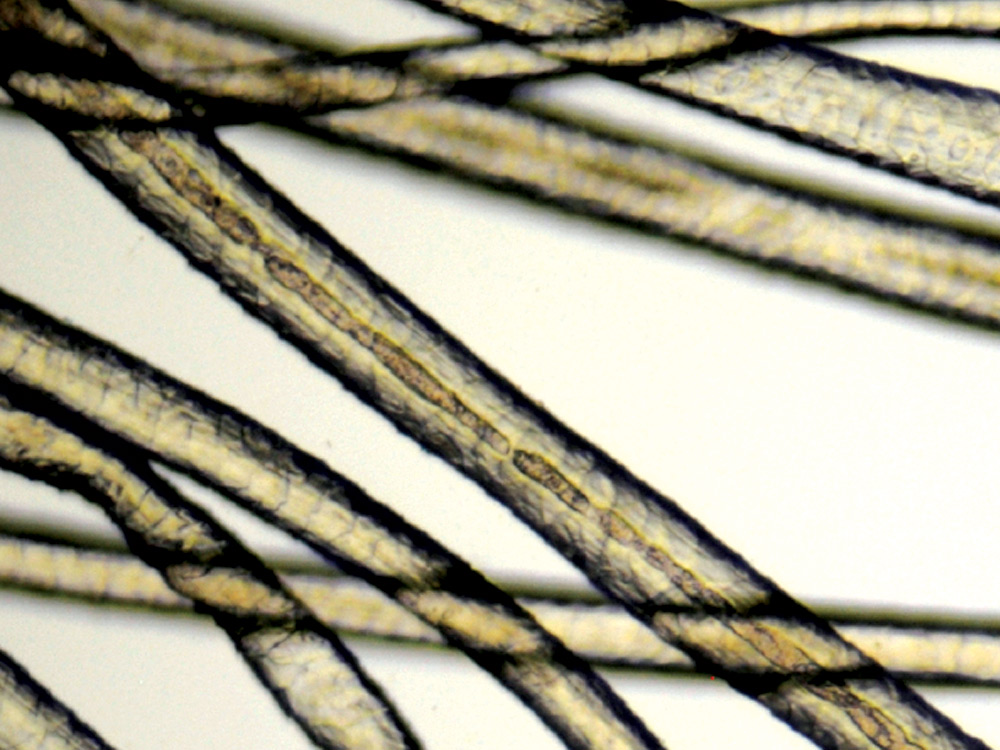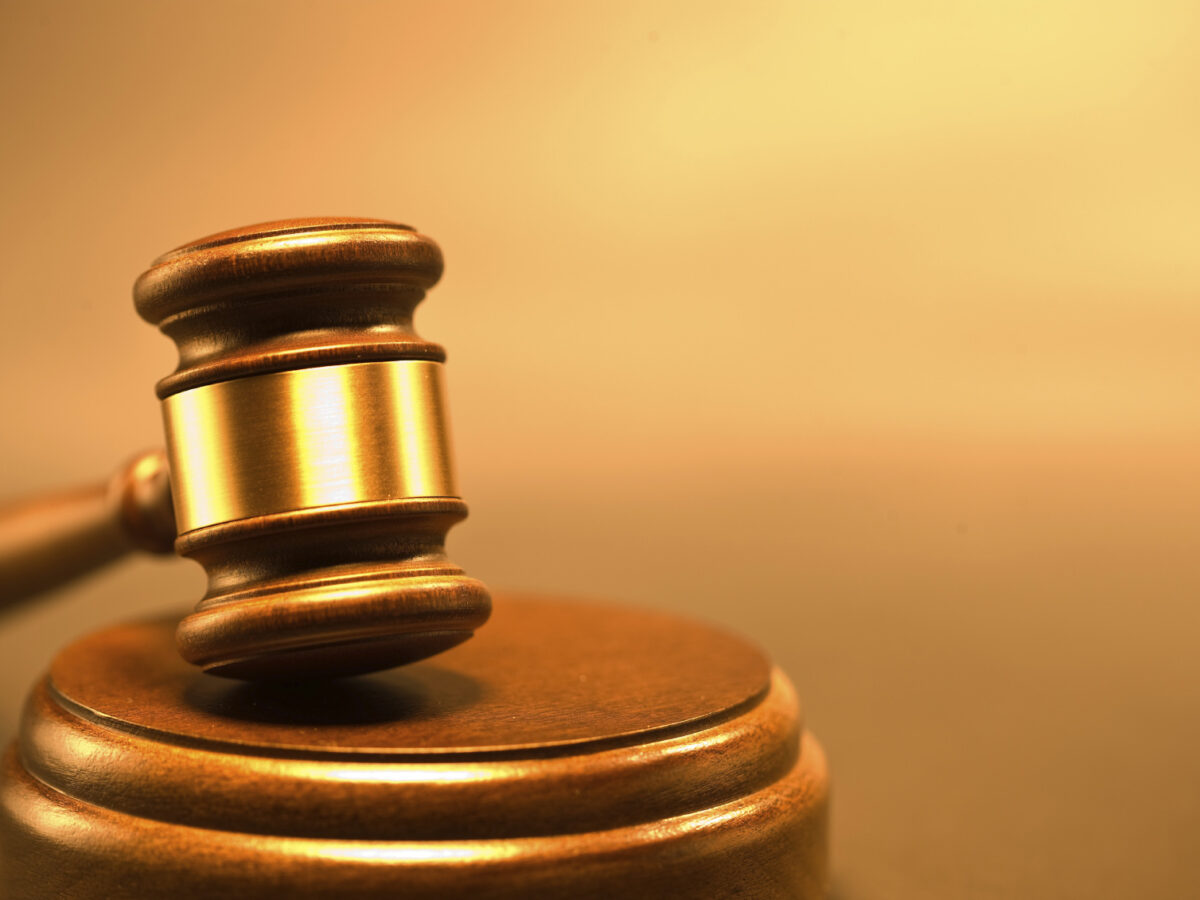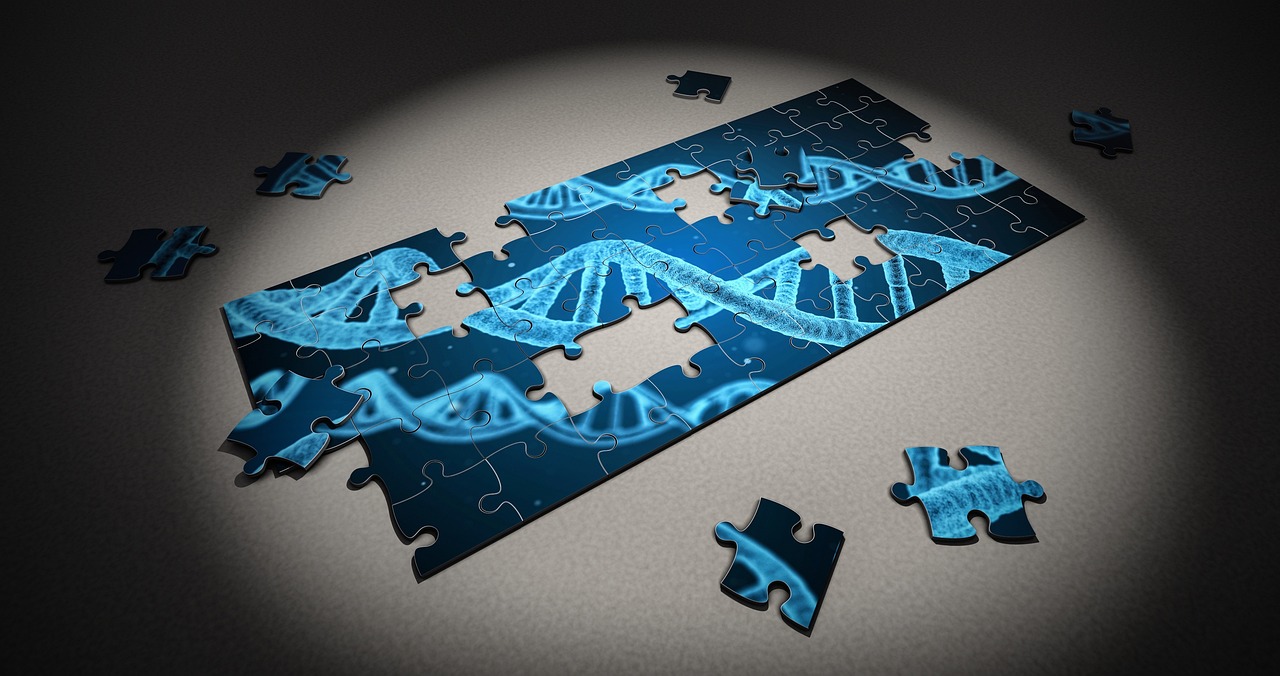Parental Relationship Testing
Using simple genetic principles, scientists analyze cheek swab samples from a child and the questioned parent to determine the likelihood of a parental relationship. While testing the mother is not always necessary, it can be helpful and is strongly recommended in cases of questioned paternity. By examining well-characterized genetic traits, experts can calculate the probability of the relationship. Different types of legal paternity tests are available depending on the situation. These tests may be crucial for immigration, estate inheritance, or other similar cases. Client support staff can assist in determining the best testing option for individual circumstances.
Sample Collection Policy
The laboratory does not accept samples from third-party collectors. To have your sample collected, please call to make arrangements.
Available Tests
- Paternity (Father/Child): Confirms the biological relationship between a father and child.
- Maternity (Mother/Child): Confirms the biological relationship between a mother and child.
- Sibling Testing (Child/Child, Full/Half Siblings): This test verifies the relationship between full or half siblings.
- Twin Zygosity (Child/Child, Fraternal/Identical): Determines whether twins are identical or fraternal.
- Grandparentage (Grandparents/Child): Verifies the relationship between grandparents and a grandchild.
- Avuncular (Aunt/Uncle/Individual): Confirms the relationship between an individual and their aunt or uncle.
- Immigration Testing (Individuals/U.S. Resident/Citizen): Used to verify family relationships for immigration purposes.
- Family Studies: Involves multiple family members to confirm relationships when direct parent-child testing is impossible.
- Deceased Parties: DNA testing when one or more parties are deceased, but samples are available.
- Multiple Alleged Fathers Who Are Related: Compares DNA from multiple alleged fathers who are related to determine the biological father.
- Family Study/Reconstruction: Used to determine paternity when one parent’s DNA is unavailable, often involving extended family.
- Y Chromosome Testing: Focuses on the Y chromosome to trace paternal lineage, often used in paternal ancestry testing.
Ordering DNA Testing
Order DNA testing for legal purposes, such as paternity or to confirm other familial relationships. The available tests can support various legal processes, ensuring the accuracy and legitimacy of family-related



